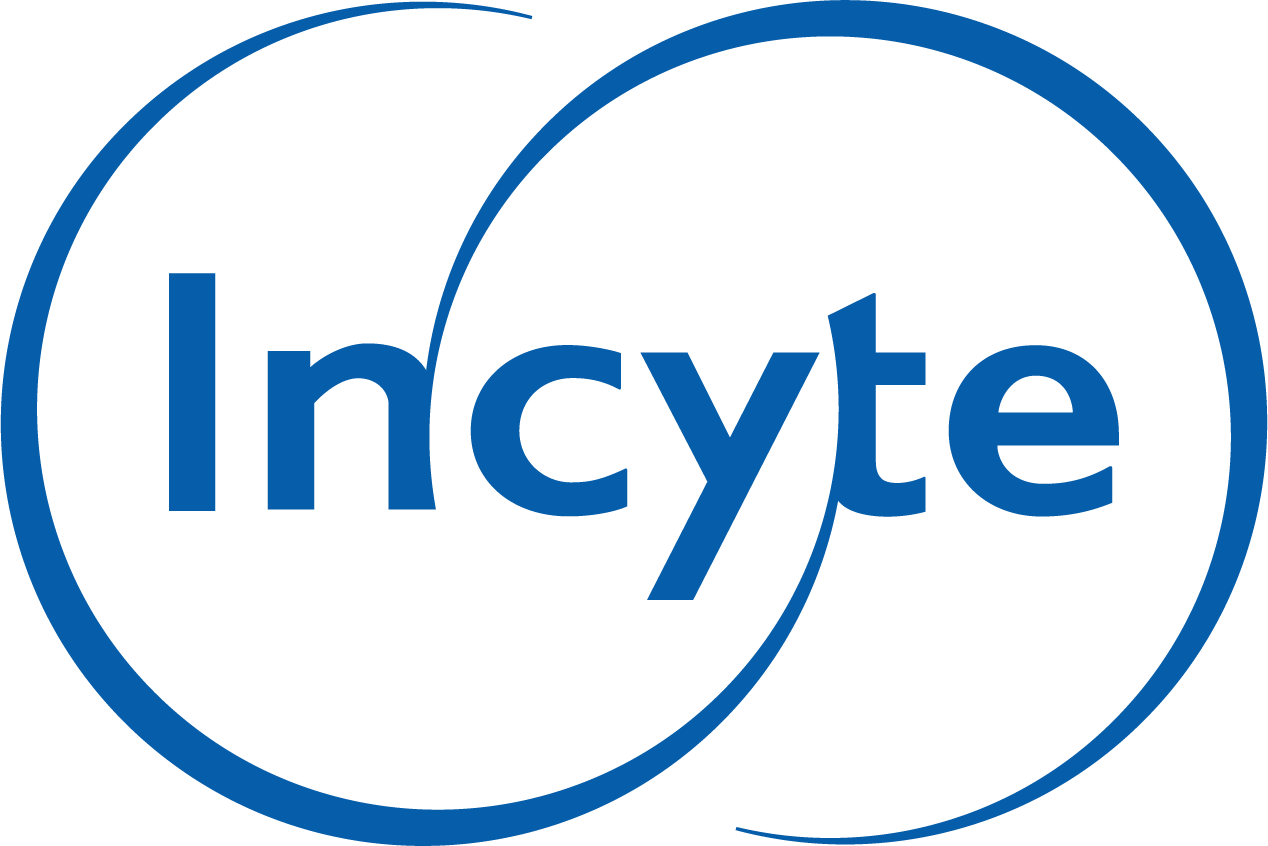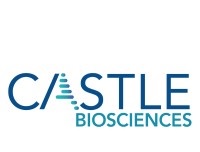TDS Advocacy Helpful Links:American Academy of Dermatology Lobbyist UpdateNovember 2025 Election Results by Eric Woomer Summer 2023 Click HERE for the End of Session 2023 update from Eric Woomer and his team at Policy Solutions. December 2022 Update Texas Dermatological Society Legislative Update – December 2022 The 88th Legislature's regular session begins on January 10th, 2023. With less than two months to go, our team is preparing bills and monitoring legislative and budget activity that directly impacts the Society. For reference, more than 180 bills were tracked and monitored that impacted dermatology during the most recent session in 2021. Our efforts on the Society’s legislative priorities are sure to include: Truth in Advertising: Presently, TDS is working with the Texas Medical Association and other specialty societies on a bill draft that modifies the Texas Occupations Code to clarify that a person commits an offense if, through the use of a title or description of services, including verbal or written communication, suggests or induces others to believe that the person is entitled to practice medicine if they are not authorized to do so under the law. Scope of Practice: Prefiling of legislation began in November, and while no legislation has yet been filed to expand the scope of practice of midlevel providers, we anticipate continued activity on these issues. Last session, TDS was very active in efforts to oppose bills expanding the scope of practice for APRNs and PAs, and all indications are that both groups are gearing up to rejoin the fight in 2023. Physician Dispensing: Some lawmakers are considering a “trade-off” approach to scope expansion – such as changing statute to allow physicians to dispense under certain conditions in concert with broadening the authority of certain midlevel providers. TDS has long supported physician dispensing, but past legislation imposed significant requirements on physicians who would choose to dispense. To level the playing field, there would likely be additional restrictions and/or requirements on pharmacist’s authority to provide immunizations if any “trade” were to materialize. Additionally, we will monitor other important topics that could potentially affect the TDS members, including: “Gold Carding”: HB 3459 (from 2021) provides an exemption from prior authorization requirements based on certain circumstances. Texas physicians that have a 90% prior authorization approval rate over a six-month period on certain services will be exempt—or “gold carded”—from prior authorization requirements for those services – thus minimizing delays in patient care. The HB 3459 rules were released by TDI in September, and TDS will actively resist any efforts by the insurance industry to roll back these provisions during the 88th Legislature. Non-Compete Clauses: Often, non-compete clauses in contracts prohibit physicians for a certain period of time from joining a competing practice or setting up their own within a set geographic distance from their previous practice – for perhaps two years and/or 50 miles. There is rumored legislation that would prohibit or greatly restrict non-compete clauses in physician employment contracts, which could diminish economic opportunity for certain physicians, while perhaps offering a degree of protection for others. More broadly, in July, Comptroller Glenn Hegar released a revised revenue estimate after months of historic economic growth in Texas. The Comptroller projects the Legislature will have an ending balance for Fiscal Year 2023 (ends August 31st, 2023) of $27 billion. The previous estimate was $12 billion. The Economic Stabilization Fund (or “Rainy Day” Fund) is estimated to have a balance of $14 billion at the end of the fiscal year. Recent rumors have suggested that a revised estimate due in January 2023 could adjust these numbers upward, perhaps north of $50B. Other policy issues facing lawmakers that will dominate the upcoming session include immigration and border security, abortion, education, infrastructure development and providing property tax relief. In election news, Texas voters went to the polls to cast their ballots on November 8th. There were no major surprises at the top of the state tickets, with the GOP sweeping the statewide offices, just as they have every election cycle since 1994. Gov. Greg Abbott had perhaps the most formidable challenge of his electoral career vs. Democratic nominee Beto O’Rourke, but his comfortable victory suggest most Texans are generally pleased with his stewardship. The Texas Senate is presently composed of 18 Republicans and 13 Democrats, but the election appears to have delivered a final split of 19 - 12 favoring the GOP. Because the Senate previously reduced the threshold needed to move legislation from 21 to 18, this in and of itself won’t change how the Senate functions. However, the Senate lost several tenured, more centrist members and is picking up some very conservative voices. There will likely be an effort to push out Democratic chairmen – a move backed by the state Republican party which scored well among the party faithful on the primary ballot. The partisan split in the Texas House of Representatives pre-election was 86 Republicans and 64 Democrats, and it remains exactly the same – the GOP flipped one seat, as did the Democrats. Like the upper chamber, this does not crest any meaningful procedural threshold that modifies how the House functions. Absent a very unexpected turn, Speaker Dade Phelan (R-Beaumont) will remain comfortably in charge of his House colleagues and the House agenda. In anticipation of the upcoming legislative session, our team continues to meet with stakeholders and Texas lawmakers on legislation that may affect the Texas Dermatological Society. Thank you for allowing us to be your voice at the Texas Capitol. We look forward to a productive legislative session for the House of Medicine! __________________________________________________________________________________________ KEY ISSUES FACING THE LEGISLATURE COVID logistics, the state budgetary shortfall, and redistricting are some of the challenges legislators will face this session, although redistricting is likely to be addressed in a special session. Below is a breakdown of these hurdles the Legislature will need to overcome during the next 140 days: COVID-19 Budgetary Shortfall Redistricting TDS PRIORITY POLICY INITIATIVES
ONGOING ADVOCACY EFFORTS
VIRTUAL TMA FIRST TUESDAYS AT THE CAPITOL For more information on TMA First Tuesday events, visit www.texmed.org/firsttuesdays Registration is FREE, and future dates are listed below. KEY BILLS FILED TO DATE
__________________________________________________________________________________________ Summer 2019: After 140 days of work, Texas legislators concluded the 86th biennial legislative session with a streak of high-profile bipartisan bills sent to Governor Greg Abbott’s desk, while avoiding the many pitfalls that threatened to derail their efforts. In contrast to the high-profile feuds which highlighted the previous session, the legislature passed multiple top-priority bill providing big wins on both sides of the aisle. While not short on controversy, the session was historically productive, addressing issues ranging from school finance reform, to property tax reductions, and disaster preparedness. In an effort to curb the growth of local property taxes, the legislature approved language effectively capping the amount local governments can increase tax rates without seeking voter approval. Cities and counties are limited to increasing their property tax rates by 3.5% annually before triggering a voter referendum on the increase. School districts are now similarly capped at annual increases of 2.5%. The legislature also meaningfully addressed school finance reform by providing $6.5 billion to improve public schools and boost teacher salaries, and lowering school district taxes by $5.1 billion. This effectively increases overall funding per student and reduces necessary reliance on the “Robin Hood” system. Additionally, the bill includes full-day pre-K for eligible students, incentives for dual-language and dyslexia programs, and provisions to develop teacher merit pay systems. In the wake of Hurricane Harvey, lawmakers prioritized implementing recovery efforts and developing infrastructure to better prevent future flooding. To do so, the legislature approved a withdrawal of $1.7 billion from the state Rainy Day fund, directed to the creation of the Flood Infrastructure Fund, a dedicated fund specifically designated to mitigate flood risks, and the Texas Infrastructure Resiliency Fund, which is made up of four separate accounts addressing specific disaster concerns. Following the tragic school shooting at Santa Fe High School in 2018 and a rash of school shootings across the country, the legislature enacted a sweeping school safety initiative. The legislation includes provisions requiring specific training for school resource officers, strengthening mental health initiatives in schools, setting requirements for classroom access to electronic communications in the event of an emergency, and the creation of teams to identify possibly dangerous students. As part of nationwide efforts to reduce the use of tobacco products, the legislature passed an increase to the legal age to buy tobacco. Under the legislation, the legal age to purchase tobacco has been raised from 18 to 21 throughout the state, with an exception for military personnel. Texas became the 14th state in the country to raise the legal tobacco purchasing age to 21. Among the bills that directly impacted the practice of dermatology, here is a quick rundown of key bills we were involved with: Authored by Senator Hughes, SB 2366 was an effort to reign in the unregulated practice of medspas given that many of these operate without appropriate physician oversight and supervision. The legislation provides a definition of medical spas and ‘false, misleading, or deceptive acts or practices,’ as well as setting posting requirements for medical spas, sets complaint reporting standards, and allows for recovery of awards in court actions against medical spas pursued by the consumer protection division. The bill was broadly drafted that could have created many unintended consequences, and ultimately did not pass. However, the Texas Medical Board (TMB) is presently considering additional rules regarding the ownership structure of medspas and the delegation of authority to perform nonsurgical medical cosmetic procedures. Authored by Rep. Klick, HB 1792 would expand the scope of the practice for an advanced practice registered nurse authorized to work independently include ordering, performing and interpreting diagnostic tests; formulating primary and differential medical diagnoses and advanced assessments; and treating actual/potential health problems. The bill would have significantly altered the oversight role of physicians and was opposed strongly by the House of Medicine. It ultimately did not pass. Authored by Rep. Paddie, HB 1504 continues the TMB, amends the Board’s licensure and enforcement processes, establishes a radiologist assistant certificate, and updates training for other boards. HB 1532, authored by Rep. Meyer, requires the TMB to accept and process complaints made against nonprofit health organizations in the same manner as complaints made against health professionals. The bill also would require these organizations to develop anti-retaliation policies for physicians and submit biennial reports to TMB. HB 2174 by Rep. Zerwas deals with the Texas Controlled Substances Act, to protect against prescription drug misuse and diversion. It requires practitioners to prescribe controlled substances electronically, limiting opioid prescriptions to a ten-day supply for acute pain requiring practitioners to complete continuing education related to prescribing and dispensing opioids. The bill includes a number of exemptions to the electronic prescribing mandate. Authored by Rep. Walle, HB 2261 boosts the amount of money a physician could receive under the physician education loan repayment program by $5,000 each year. This would bring the total amount of repayment assistance available to physicians through the program to $180,000. The bill would apply only to physicians who established eligibility for loan repayment assistance on the basis of an application submitted on or after September 1, 2019. Building upon the legislation passed during the 85th Session regarding maintenance of certification, SB 1882 by Sen. Buckingham requires hospitals to provide voting physician members of a medical staff with information on how to request and hold a vote to require maintenance of certification. Authored by Sen. Hancock and Rep. Oliverson, SB 1264 prohibits balance billing to health benefit plan enrollees, expands the Texas Department of Insurance mediation program between health benefit plans and out-of-network providers that were facilities, creates an arbitration system between health benefit plans and out-of-network providers that were not facilities, and requires health plans to cover certain out-of-network services at the usual and customary rate. It is always my pleasure to serve the Texas Dermatological Society at the Texas Legislature. Please feel free to contact me with any questions or concerns you may have. __________________________________________________________________________________________PAST UPDATES: As we approach the end of year and look forward to next 2016, I am pleased to report that the Texas Dermatological Society has had a busy but positive 2015. Here are some recent activities I have undertaken as your governmental affairs consultant. Texas Medical Board On behalf of TDS, I attended the December 4, 2015 meeting of the Texas Medical Board, which was taking up for consideration a proposal permitting acupuncturists to provide “facial rejuvenation” procedures without a physician referral. This is a cosmetic procedure to address such things as sagging skin due to weight loss. Acupuncturists are currently allowed by statute to treat four types of issues without a doctor's referral - weight loss, substance abuse, smoking cessation, and chronic pain. They were approaching TMB about adding "facial rejuvenation" as a 5th. TMB members didn't know much about the topic, such as how it worked or what harm could come to a patient. They wanted to review data to support that it was safe and effective, and TMB staff was instructed to consult with the acupuncturists to obtain such reports. The issue was tabled pending the results of that review. For 2016, the Medical Board is scheduled to meet March 3-4, June 9-10, August 25-26, October 13-14, and December 1-2. Balance Billing I attended the Texas Medical Association’s Advocacy Retreat in Austin on December 5. The Board of Trustees of the TMA has formed a task force to investigate the issue of balance billing. Candidates for our nation’s highest office have offered plans to prohibit physicians from charging at out-of-network rates when a patient visits a facility covered by their insurance plan. National consumer organizations are actively pursuing a prohibition on out-of-network physician billing for services provided at hospitals. And in Texas, despite the fact that the Legislature passed significant balance billing reform legislation, several influential lawmakers continue to suggest that additional reforms will be a top priority for the 2017 session. Over the last two decades, organized medicine has defeated attempts to prohibit balance billing. However, given the continued efforts across the political spectrum to address this issue, it may grow more and more difficult to preserve the status quo. In and effort to bring a unified voice to the Texas Legislature, the Task Force on Balance Billing and TMA’s Council on Legislation are interested in learning what changes in physician behavior should be considered with respect to the balance billing issue and how such changes might be expressed in legislation. They are also interested in understanding public policy outcomes Texas physicians would find unacceptable. Outreach A big part of my ongoing activities on behalf of the Texas Dermatological Society includes outreach to legislators and their staff during the interim period between legislative sessions. Each election cycle, perhaps 3-6 Senators and 20-30 Representatives leave office – due to retirement or losses at the ballot box. Dozens more staff people move on to other jobs – inside or outside the legislative process. This churning of legislators and personnel makes maintaining my visibility and relationships as your governmental affairs consultants a top priority. In the 4th Quarter of 2015, I hosted meals for 24 different legislative office, both Republican and Democrat, in Austin and in their districts, as well as the House of Representatives Staff Christmas party on December 15th. My team has hosted more than a dozen candidates for office, to discuss their political interests and strategy for election day success. I have sponsored dozens of fundraisers for sitting legislators, and to date have contributed more than $10,000 in personal resources to key incumbent lawmakers. Between personal funds, my partnership PAC, and my client base, my budget for political contributions for the 2016 election season is expected to exceed $150,000. 2016 Elections The filing period for legislative offices for the 2016 ballot closed December 14, 2015. Important election dates to keep in mind include February 1, 2016 – the last day to register to vote; February 16-26, 2016 – Early voting; and March 1, 2016 – Texas primary election day. To date, thirteen House members and two senators have retired from their respective chambers. Collectively, this group represents more than 200 years of legislative service, and includes seven sitting chairmen. There are an additional 24 seats with incumbent legislators facing well-known, well-financed challengers, meaning that the 2016 election cycle should be an active campaign season. Key races that affect the House of Medicine include: Senate District 24 (Incumbent Troy Fraser – retiring) – Dawn Buckingham, MD – an opthamologist – leads a crowded field that initially included Rep. Susan King (R – Abilene), who has been a longstanding friend of medicine and whose husband, Dr. Austin King, is a former TMA president. She has since bowed out of the race, citing health concerns. Rep. Sarah Davis (R-Houston) serves on the Public Health & Appropriations Committees, and holds a swing district, meaning she will likely have strong challengers in both her primary and general elections. Rep. J.D. Sheffield, DO (R – Gatesville) is continually fending off GOP challengers from the conservative wing of his party, while House District 130 (Incumbent Allen Fletcher – retiring) is being sought by Dr. Tom Oliverson, an anesthesiologist. Thank you for allowing me the honor of representing you at the state capitol. Please feel free to reach out to me if you have any questions or concerns. Additionally, my website (www.ericwoomer.com) has been relaunched as a client resource for keeping up with legislative and political activities. I hope you find it useful. |



















